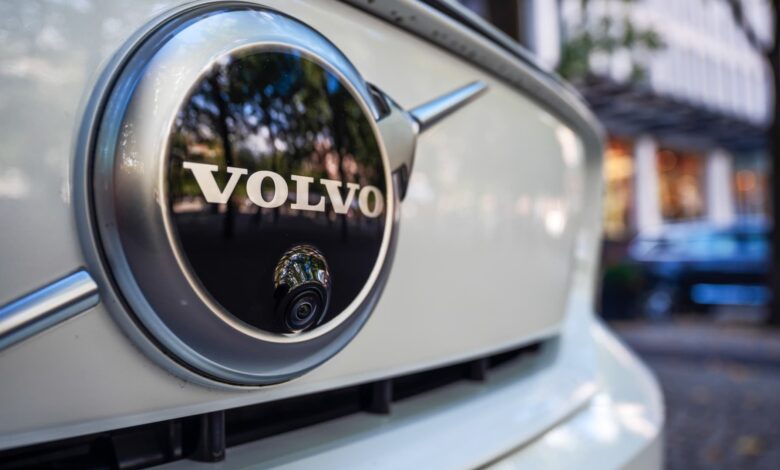Sweden’s Volvo Cars abandons plan to sell only electric cars by 2030

The chip shortage has hit the auto industry, which is increasingly reliant on semiconductors.
Mikael Sjoberg | Bloomberg | Getty Images
Swedish car manufacturer Volvo Cars on Wednesday abandoned its near-term goal of selling only electric vehicles, citing the need to be “realistic and flexible” amid changing market conditions and declining demand.
Volvo Cars, owned by China’s Geely Holding, was one of the first established automakers to commit to a full transition to electric vehicles. The company says its long-term goal remains to become an all-electric automaker.
However, the company announced that by 2030, the company aims for 90% to 100% of its vehicles sold to be fully electric or plug-in hybrids, while up to 10% will be reserved for a limited number of mild hybrid models.
The goal is to replace a 2021 commitment so that Volvo Cars can be fully electric by the end of the decade.
The move means Volvo Cars will follow in the footsteps of others in the industry in scaling back its electric vehicle ambitions. The German-based automaker Mercedes-Benz Group And Volkswagen have all announced changes in their electric vehicle strategies.
“Electric vehicles offer a superior driving experience and increased access to advanced technologies that improve the overall customer experience,” Volvo Cars CEO Jim Rowan said in a written statement on Wednesday.
“However, it is clear that the transition to electrification will not be linear and that customers and markets are adopting at different rates,” he continued.
“We are pragmatic and flexible, while remaining an industry leader in electrification and sustainability.”
Shares in Volvo Cars fell more than 6% on Wednesday.



